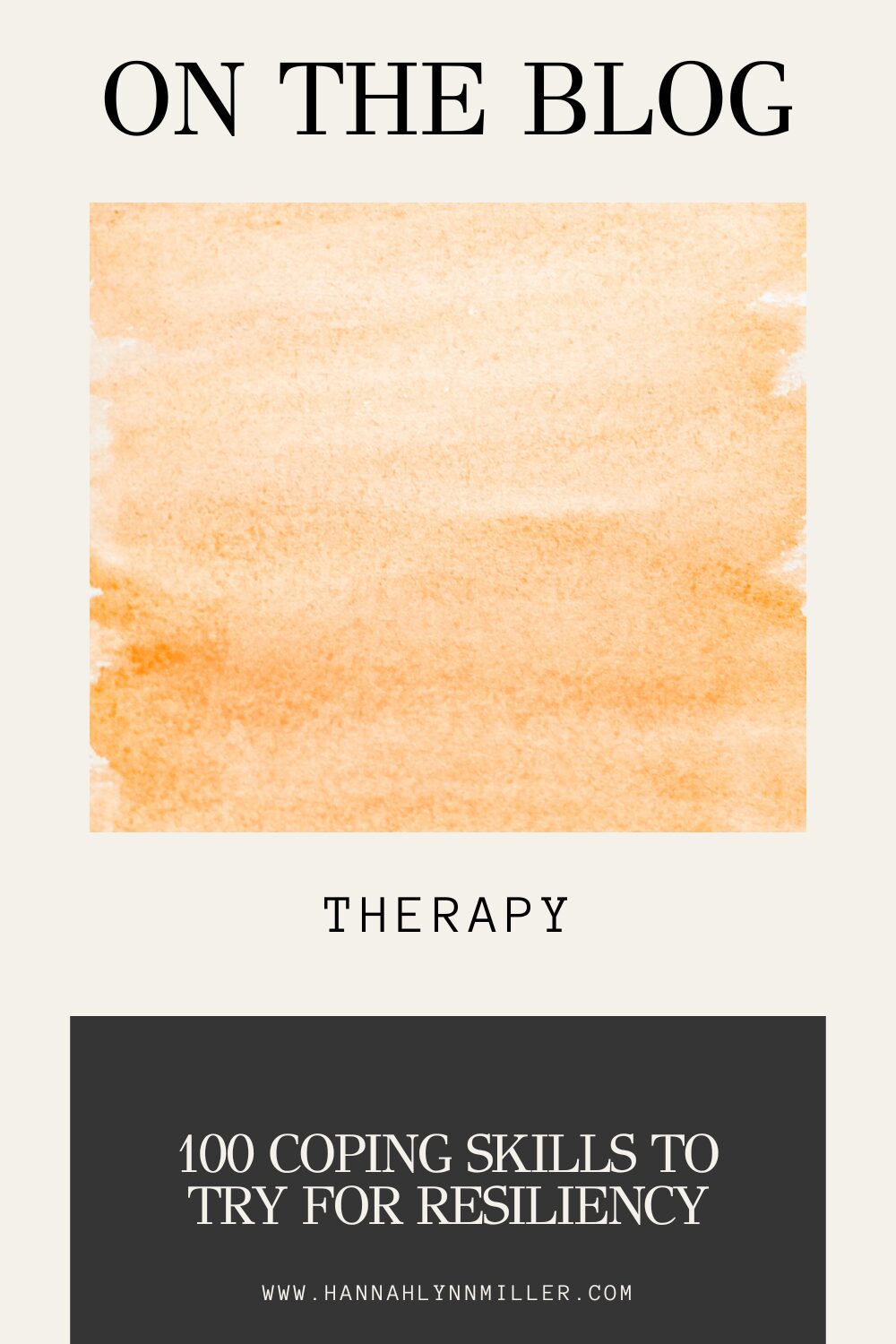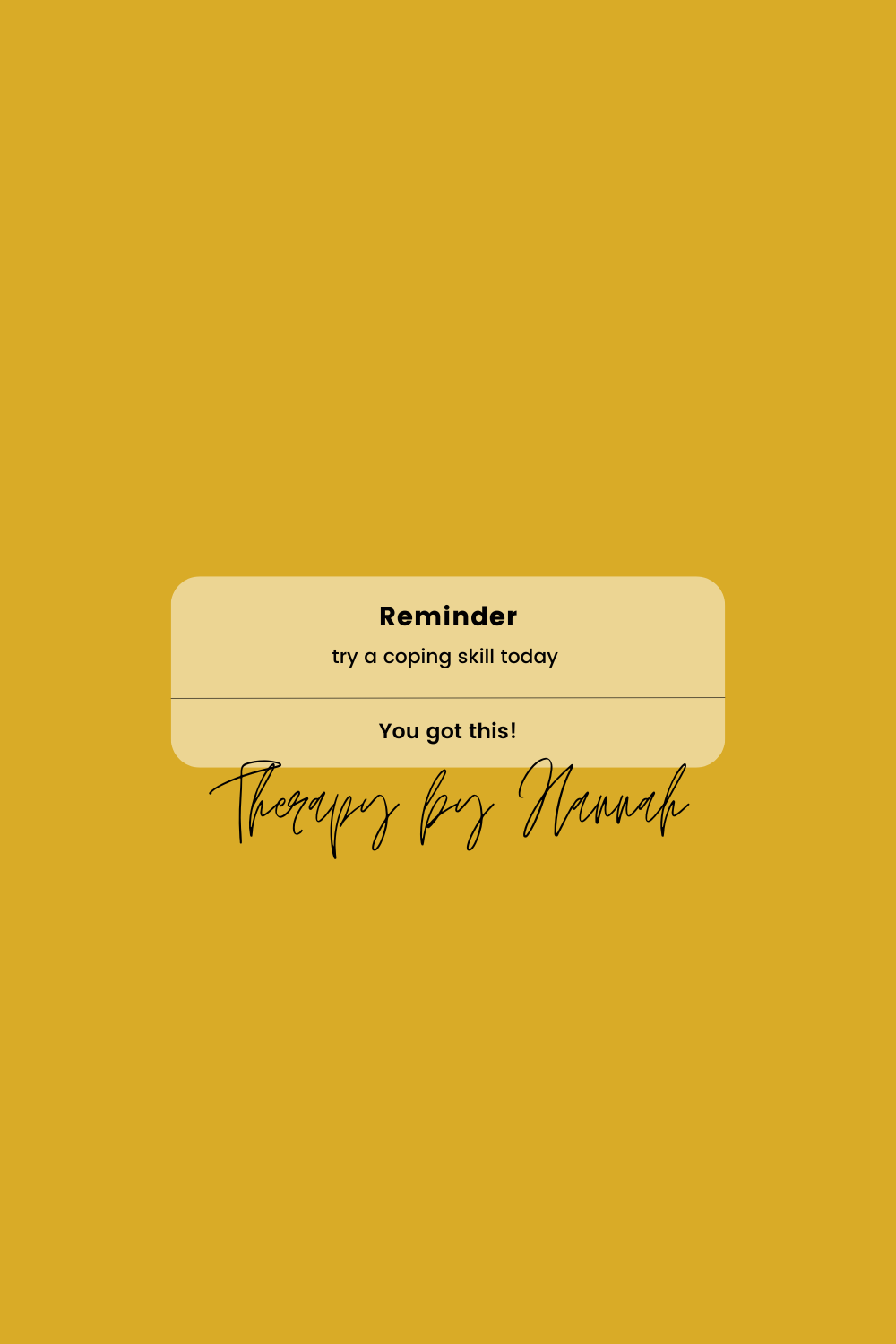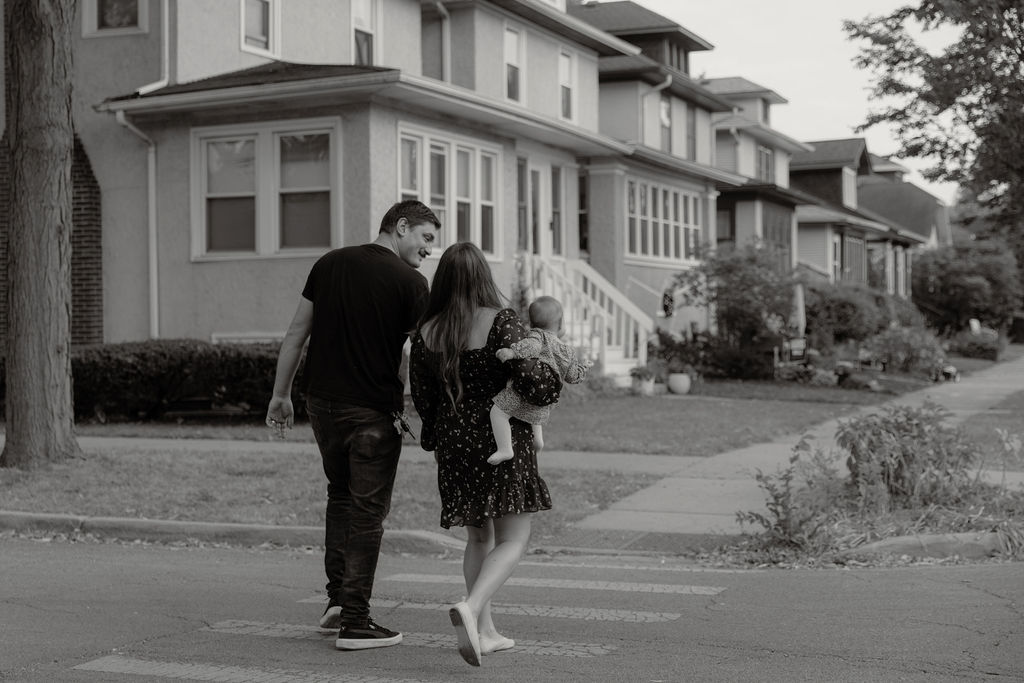100 Coping Skills to Try for Resiliency

The Importance of Coping Skills
Life can be incredibly challenging at times, filled with stressors and obstacles that can impact our mental and emotional well-being. Whether it’s dealing with anxiety, depression, PTSD, or the daily pressures of work and personal life, having a set of effective coping skills is essential. Coping skills help us manage our emotions, reduce stress, and improve our overall mental health. They empower us to navigate difficult situations, build resilience, and foster a sense of control over our lives. By incorporating various coping strategies into our daily routine, we can enhance our ability to handle life’s ups and downs more effectively and maintain a healthier, more balanced state of mind.
A good way to know if a coping skill is for you is if you can forget about your anxiety or stress for the time you are completing that activity. Your worry should be able to fade into the background for a short period of time, giving your mind a break.
Circle or highlight the ones you want to try:
- Deep breathing exercises
- Meditation
- Journaling
- Exercise
- Yoga
- Listening to music
- Reading a book
- Taking a walk in nature
- Practicing gratitude
- Talking to a friend
- Attending therapy
- Progressive muscle relaxation
- Visualization techniques
- Art therapy
- Gardening
- Cooking a favorite meal
- Watching a movie or TV show
- Playing a musical instrument
- Dancing
- Engaging in a hobby
- Aromatherapy
- Practicing mindfulness
- Drinking a calming tea
- Taking a warm bath
- Using a stress ball
- Petting an animal
- Joining a support group
- Setting boundaries
- Practicing positive affirmations
- Doing a crossword puzzle
- Knitting or crocheting
- Volunteering
- Cleaning or organizing a space
- Writing a letter
- Laughing or watching something funny
- Taking a nap
- Doing a puzzle
- Playing a board game
- Engaging in deep conversations
- Practicing Tai Chi
- Using grounding techniques
- Practicing self-compassion
- Setting goals and making plans
- Learning something new
- Doing breathing exercises
- Practicing acceptance
- Drinking water
- Eating a healthy snack
- Limiting caffeine and sugar
- Practicing forgiveness
- Spending time with loved ones
- Practicing relaxation techniques
- Engaging in creative writing
- Watching the sunrise or sunset
- Taking a digital detox
- Practicing spiritual or religious activities
- Engaging in self-reflection
- Playing video games
- Visiting a museum or gallery
- Practicing assertiveness
- Using a weighted blanket
- Doing a random act of kindness
- Taking a vacation or staycation
- Exploring a new place
- Practicing time management
- Using humor to cope
- Engaging in physical touch (hugs, holding hands)
- Creating a vision board
- Practicing deep listening
- Doing something kind for yourself
- Reading inspirational quotes
- Engaging in a creative project
- Creating a daily routine
- Making a gratitude jar
- Practicing self-care rituals
- Writing a list of things you’re proud of
- Spending time in a favorite place
- Exploring your city
- Practicing progressive relaxation
- Engaging in sensory activities (playdough, slime)
- Doing a digital detox
- Practicing breath control
- Learning a new language
- Creating a bucket list
- Engaging in positive self-talk
- Practicing loving-kindness meditation
- Building a support network
- Reading self-help books
- Engaging in community activities
- Practicing visualization
- Doing a body scan meditation
- Writing a poem
- Spending time in a garden or park
- Learning about mindfulness
- Practicing guided imagery
- Exploring relaxation apps
- Visiting a quiet place
- Engaging in reflective journaling
- Practicing balance exercises
- Doing a creative photoshoot

Using Coping Skills Everyday
Implementing coping skills into your life is not just about managing stress or getting through tough times; it’s about fostering a resilient, balanced, and fulfilling life. By regularly practicing coping strategies, you can enhance your emotional regulation, improve your mental health, and build a toolkit for navigating life’s inevitable challenges. These skills can help you maintain a sense of control, reduce the impact of stressors, and improve your overall well-being. Whether through mindfulness, physical activity, creative expression, or social connection, incorporating coping skills into your routine can lead to a healthier, happier, and more balanced life. Take the time to explore and adopt these strategies, and you’ll likely find yourself better equipped to handle whatever life throws your way.











